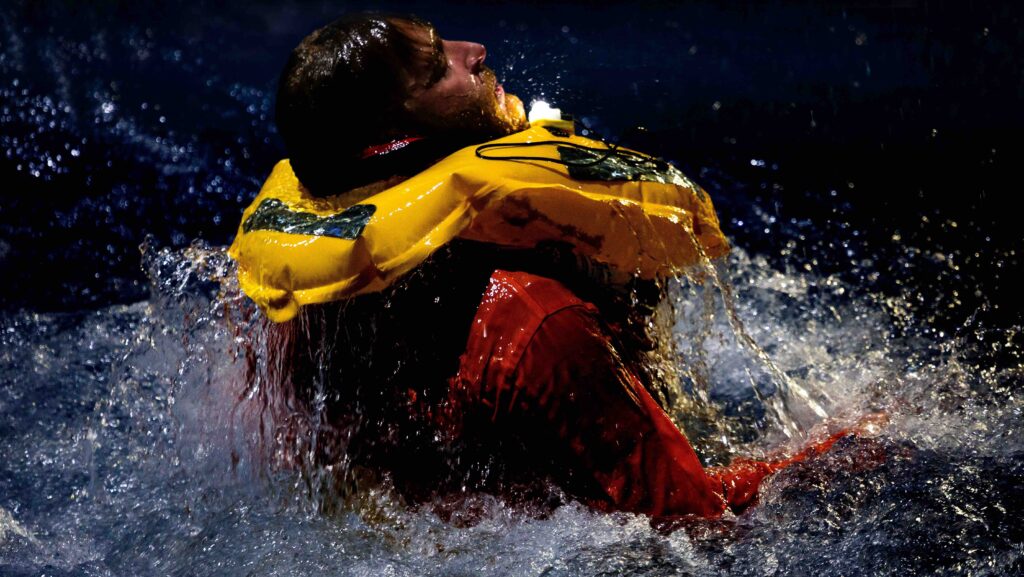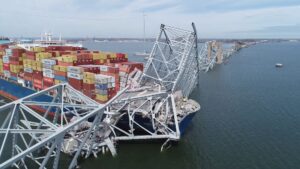“Shocked how little time I would have survived” lifesaving training for fishermen

Fishing crews are being encouraged to attend a course designed to save their lives at sea, after one man expressed his shock at ‘just how serious’ trawling can be when someone falls in the water.
“The RNLI has been launching to the aid of fishing crews for 200 years,” says Frankie Horne, RNLI commercial fishing safety manager.
“In 2023, RNLI lifeboat volunteers launched to commercial fishing vessels 272 times, saving 13 lives. We can’t always reach everyone in time though and commercial fishing remains one of the most dangerous jobs in the world. Research has proven that wearing a lifejacket can increase your chances of survival by up to four times if immersed in cold water.”
Thus, the Royal National Lifeboat Institution (RNLI) has teamed up with The Seafish Industry Authority to deliver a Man Overboard (MOB) Awareness Course at the T3 Aberdeen Survival Centre on 8 May, 2024, to highlight the importance of wearing a lifejacket and having a MOB recovery plan.
Those attending will experience what it is like to go over board without a personal floatation device (PFD), in cold and choppy water, and be given key tips to improve their safety when working at sea.
Skipper Colin Mitchell, who attended a course previously, says: “I’m glad I’ve done it because if I hadn’t then I would have never realised just how serious it can get.
“I was shocked how little time I would have survived without a personal floatation device and how hard it is without one when fully clothed.
“All the guys I work with, no matter where they come from, said the course was the best they had ever done and they had learned far more from it than anything they’d done previously regarding survival and man over board recovery.”
The free course, which starts at 12pm, is being hosted by the Seafish Industry Authority and delivered by the RNLI.
“Being able to put people in the water to experience a man over board situation has a real impact and really does make them think carefully about making improvements,” Horne continues.
“We would recommend regular checks of your lifejackets to ensure it is in working order and that lifejackets are serviced as per the manufactures guidelines by a qualified service agent.
“When at sea, always carry a means of calling for help if you get into difficulty.”
There are 20 places available on the course, contact Lee Haigh or Katie Hopper.












Leave a Reply